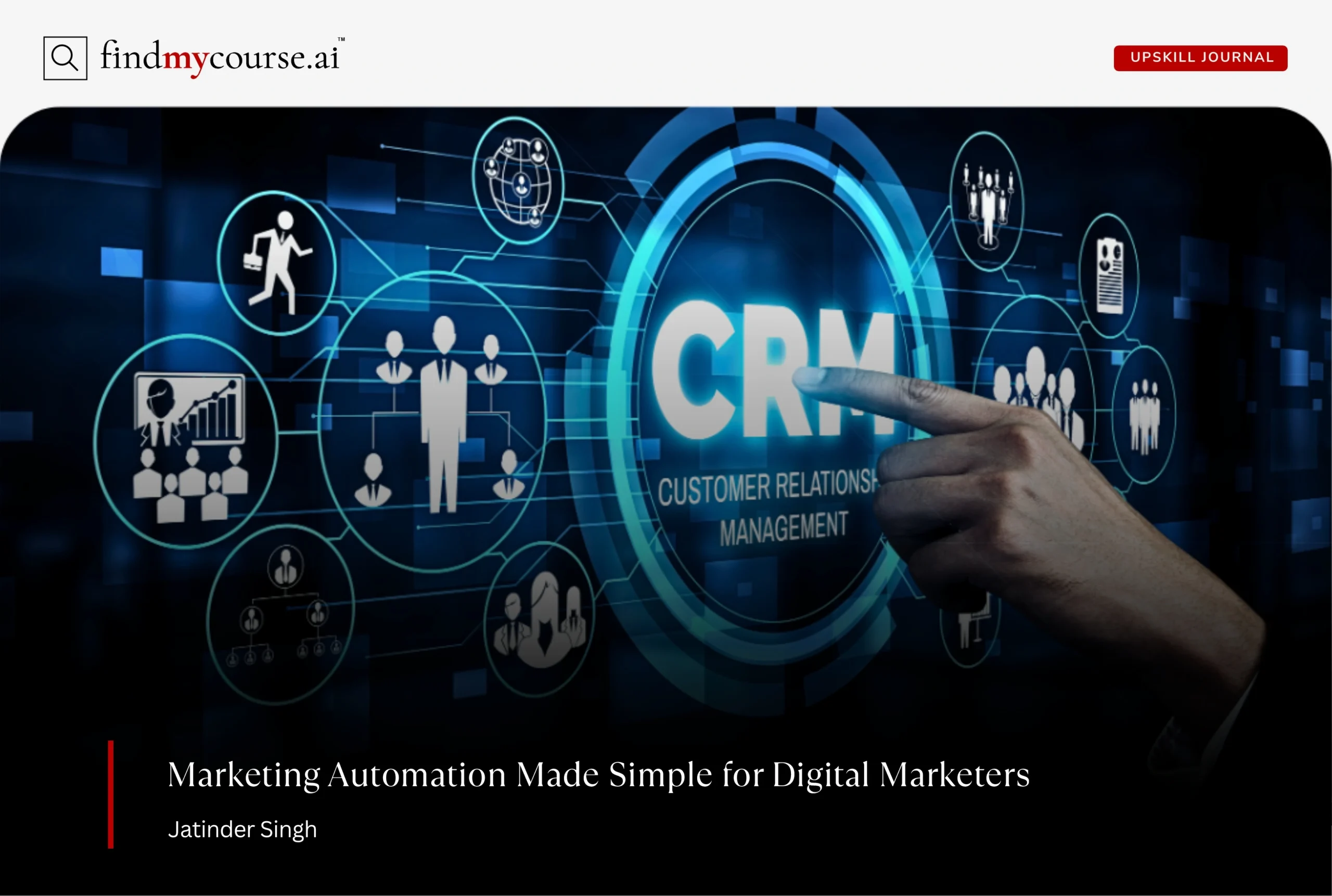Every second, people all over the world turn to search engines for answers. From finding products and solving problems to learning online, billions of searches take place each day—making it easy for any website to get lost in the crowd. So, how can your website rise above the noise and reach the right audience? That’s where search engine optimization (SEO) comes in. In this guide, we’ll break down what search engine optimization really is, why it matters more than ever, and which modern tools and strategies can help your website get noticed and trusted.
What is Search Engine Optimization?
Search engine optimization is the process of improving your website so it ranks higher on search engines like Google, Bing, and Yahoo. When someone searches for information, products, or services, SEO helps your site appear among the first results. As a result, you’re more likely to attract new visitors, customers, or readers.
SEO works best when you focus on what people are looking for and make it easy for search engines to understand your website. It’s not about gaming the system; it’s about creating helpful, trustworthy content and a smooth experience.
The Core Elements of Search Engine Optimization
1. On-Page SEO: What’s On Your Website
On-page SEO means optimizing everything on your site—like your headlines, keywords, images, and page structure. This includes:
- Writing clear and catchy page titles.
- Using keywords that match what people are searching for.
- Adding helpful images and descriptions.
- Making sure your site is easy to navigate.
For example, if your business sells organic coffee, your product pages should use words like “organic coffee beans” naturally and provide useful information.
2. Off-Page SEO: Your Reputation Beyond Your Site
Off-page SEO is about building trust and authority across the internet. This happens when other websites link to you, people share your content on social media, or customers leave positive reviews. These are all signs to search engines that your site is valuable and respected.
A practical way to build off-page SEO is by collaborating with other businesses, joining online communities, or submitting your site to relevant directories.
3. Technical SEO: Behind-the-Scenes Health
Technical SEO keeps your website running smoothly. Important steps include:
- Making sure your site loads quickly.
- Ensuring it works well on mobile devices.
- Using HTTPS for security.
- Creating a clear sitemap so search engines can “read” your site easily.
Simple technical fixes can make a big difference, such as compressing images or fixing broken links.
Why Search Engine Optimization Still Matters in 2026
The Internet Grows Every Day
Every year, millions of new websites appear. With this much competition, it’s harder for your site to get noticed. Strong search engine optimization helps you stand out and reach people looking for exactly what you offer.
Search Engines Keep Evolving
Search engines like Google update their algorithms frequently, using artificial intelligence and natural language processing to show users the best results. Keeping up with these changes through trusted sources—such as Google’s official Search Central Blog or Moz—helps you stay ahead.
SEO Saves Money Long-Term
While online ads work for quick boosts, SEO can bring steady, free traffic to your site over time. A well-optimized website keeps attracting visitors month after month, making it a smart investment for your business.
Trust and Credibility
Most people trust search engines to deliver the most reliable answers first. When your website ranks high, it’s seen as more trustworthy. In addition, reviews, helpful information, and good design build even more credibility.
New Ways to Search
People now search by voice, image, and even video. Good SEO means your site can be found, no matter how someone is searching—from talking to their phone to snapping a photo of a product.
Useful SEO Tools and Software (2026)
SEO can feel overwhelming, but the right tools make it easier. Here are some trusted options to help you:
- Google Search Console: Free and essential for tracking how your site appears in Google search and fixing problems.
- Ahrefs: Great for finding keyword ideas, tracking backlinks, and checking competitor performance.
- SEMrush: All-in-one tool for keyword research, technical site audits, and tracking your SEO progress.
- Moz Pro: Trusted for its easy-to-understand interface, keyword tools, and site health checks.
- Yoast SEO (for WordPress): Helps you optimize pages and blog posts as you write them.
- Screaming Frog SEO Spider: Useful for deep technical audits and spotting errors on your website.
- Answer the Public: Free tool to find questions people are really asking online.
Many of these tools are recommended by top SEO experts and educational sites like Moz, HubSpot, and Google’s own guides.
Where to Find Reliable SEO Information
SEO is always changing. Stay updated with these trusted sources:
- Google Search Central Blog: Official updates and tips from Google.
- Moz Blog: Clear guides and the latest research.
- Search Engine Journal: News, how-tos, and trends.
- Backlinko: Practical strategies from leading SEO professionals.
- HubSpot Academy: Free SEO courses for beginners and advanced users.
These sites offer up-to-date advice and real-world case studies, so you know you’re getting information that works now—not last year.
Measuring Your SEO Success
Knowing if your SEO is working is just as important as the work itself. Add a section like this to help readers act:
How to Track Your SEO Progress
- Monitor Rankings: Use tools like SEMrush or Ahrefs to see if your pages are moving up in search results.
- Check Traffic: Google Analytics shows you how many people visit, where they come from, and what pages they like most.
- Review Conversions: Track how many visitors take action—like making a purchase, signing up, or contacting you.
- Audit Regularly: Use Screaming Frog or Google Search Console to spot and fix new issues.
Regularly checking these numbers helps you adjust your strategy for even better results.
Common SEO Mistakes to Avoid
Even with the best intentions, it’s easy to fall into a few common traps when working on search engine optimization. However, by learning about these pitfalls early, you can save time and see better results.
Examples of Common Mistakes:
- Keyword Stuffing: Overusing keywords makes content sound unnatural and can actually hurt your rankings.
- Ignoring Mobile Optimization: Most searches happen on mobile, so your site must look and work great on all devices.
- Neglecting Content Updates: Outdated information can cause you to lose trust and ranking.
- Not Using Analytics: Without tracking results, you won’t know what’s working or how to improve.
- Poor Internal Linking: Not connecting your pages makes it harder for visitors (and search engines) to explore your site.
Final Thoughts
Search engine optimization continues to be the heart of online success, no matter how much technology changes. Thus, by focusing on what really matters, avoiding common mistakes and using the right tools, you can build a website that stands out and earns lasting trust. If you have more questions or want tailored advice, our AI assistant is ready to help you move forward with confidence.


